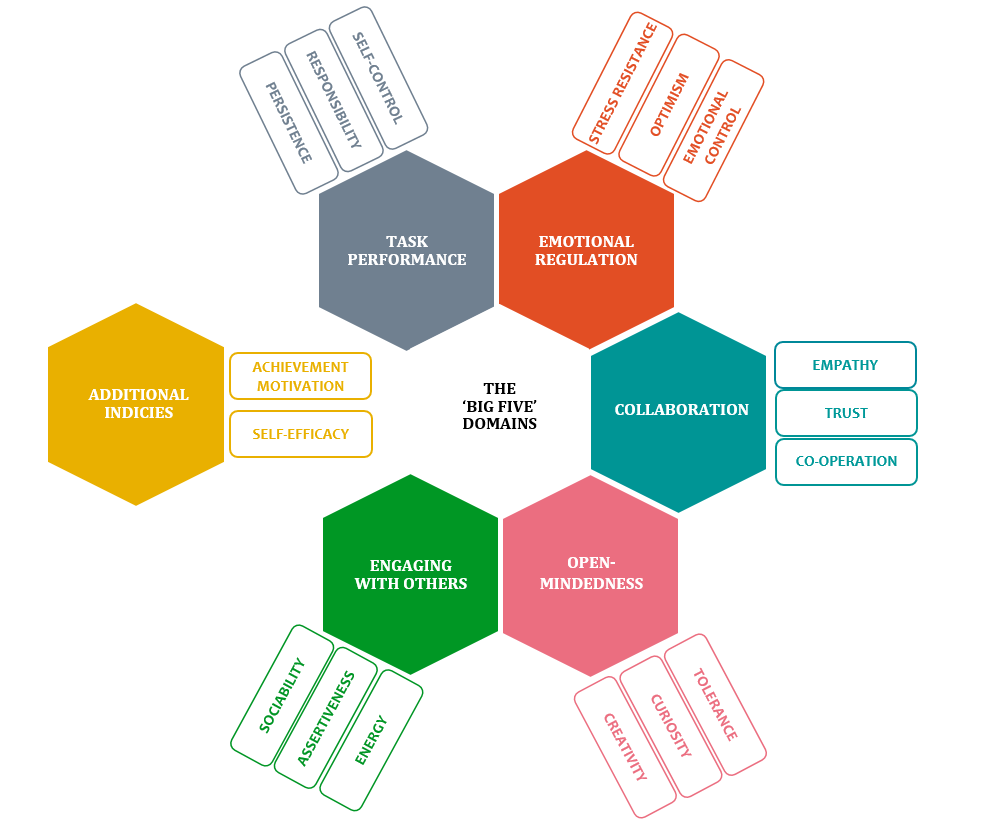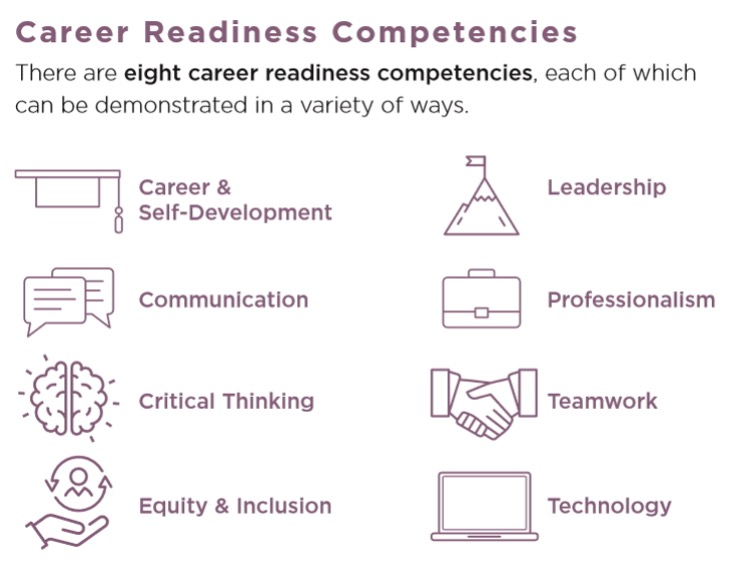In recent decades there has been a shift internationally toward seeing a quality education as being more than teaching literacy, numeracy and technical skills. Essential life skills are now also seen as a crucial component of education. These are the skills that allow people to understand and translate knowledge, to communicate with others, to work effectively with other people, to understand themselves and to see their place in the world.
The international community, in its attempt to “ensure inclusive and equitable quality education and promote lifelong learning opportunities for all,” has various names for this skillset: non-cognitive skills, soft skills, 21st-century skills, employability skills, career readiness skills, social-emotional skills, transversal skills, transversal competencies and transferable skills. For simplicity’s sake, I will call them transferable skills. Because the expression of these skills is affected by cultural differences, I will be focusing on frameworks that are relevant in a North American context.
Adopting a skills framework is an important step in helping others with career development. This gives jobseekers given a language (Pretti & Fannon, 2018) to use when explaining their skills to employers. It also enables students and clients to assess their skills and make a plan to improve them. This article will compare several different transferable skills frameworks you can use with students or jobseekers.
Key transferable skills
There are numerous transferable skills frameworks used globally and in Canada. Most of the frameworks include some variation on these skills:
- Critical thinking: to assess and evaluate information, concepts, points of view and assumptions and reflect on potential outcomes.
- Collaboration: to co-operate with others to develop and move toward a shared goal.
- Communication: to express ideas and concepts so that others can understand them.
- Global citizenship: to be aware of and open to the diversity of cultures and cultural and religious beliefs. In some frameworks, this also includes participation in civic life.
- Media and information literacy: to be able to find, critically evaluate and use information, and to be able to use modern technology.
- Self-management: to be able to set goals, devise a plan to achieve them and then carry that plan out.
- Lifelong learning: to see learning and education as a lifelong path of personal growth and self-actualization.
- Physical & psychological health: to understand what a healthy lifestyle is and have the tools to manage physical and mental health.
- Values: to be able to critically evaluate your own values and be respectful of those with different values.
Want to write for CareerWise? Review our Submission Guidelines and send a brief outline of your article idea to Editor Lindsay Purchase, lindsay@ceric.ca.
Types of Skills Frameworks
Transferable skills frameworks generally fall into three categories: Social-emotional, comprehensive and career development. By understanding the differences between these frameworks, career professionals will be equipped to select on that fits with the needs of their client/student.
Social-Emotional
Social-emotional frameworks focus on interpersonal and intrapersonal skills such as collaboration, self-management, persistence and stress-resistance. Two examples of this are as the Canadian ESAT Skills, or internationally OECD’s Big Five Social-Emotional Skills.
Social-emotional frameworks provide a strong way to assess the more intangible transferable skills. These frameworks generally exclude the transferable cognitive skills such as critical thinking, media and information literacy, and communication, and are often developed to align with other frameworks. These skills are important for helping people succeed in employment because they speak to a person’s ability to complete their work and ability to co-operate with others in a workplace. If your work is based around supporting access to employment, this type of framework can be very beneficial.
Figure 1: OECD’s Big Five model (OECD, 2020)

Comprehensive
Comprehensive frameworks attempt to list every transferable skill. They add social and emotional skills to critical thinking, communication, media and information literacy, global citizenship, lifelong learning and health. For example: the international Transversal Competencies, put forward by UNESCO, the Canadian NOC Skills and Competencies Taxonomy and the American SCANS Competencies and Foundation Skills.
These frameworks create a vocabulary for academics, governments and employers to describe the skills and abilities that are required to support the specific duties of a role. They are very useful for those writing policy and theory, or for those who are trying to have a standardized language for describing non-technical skills.
Figure 2: UNESCO’s Transversal Competencies (Care & Luo, 2016, p. vi)

Career Development
Career development frameworks are designed to be used as a teaching tool and reflect the skills required for career development. They generally have more in common with the comprehensive frameworks, but have fewer sub-skills attached. Two examples are the Canadian Waterloo’s Future Ready Talent Framework and the recently updated American NACE Career Readiness Competencies.
These simplified frameworks offer a structure that is easy for students and teachers to understand, and that they can use to categorize or evaluate activities and experiences.
Figure 3: Waterloo’s Future Ready Talent Framework (McRae et al, 2019, University of Waterloo 2021)
Career development frameworks are useful for – as Loleen Berdahl wrote in University Affairs – being more explicit about teaching transferable skills in the classroom and in post-secondary programs.
Figure 4: NACE Career Readiness Competencies (NACE 2021)

A client-centred approach
It is important to stay up to date, as these frameworks are not static. The Big Five model, for instance, has had multiple revision in the past few years. The just released Skills for Success Framework will be replacing the Employment and Social Development Canada Essential Skills Framework. This new framework has renamed some skills to make them more applicable or broaden them and added the new skill of “Creativity & Innovation.” It remains focused primarily on the foundational skills of reading, writing and numeracy while recognizing the increasing the importance of digital, problem solving and social-emotional skills.
Choosing a framework will require research on your part. If the work you do tends to be focused on employment access, a social-emotional model will be helpful. If you want an in-depth model that can be used for creating a skills taxonomy for resume and cover letter writing, the comprehensive frameworks may be better. If you are looking for a model that is easy to teach to groups and provides easily understood categories, the career development frameworks will work well for you. The most important thing to identify is the needs of your clients and the type of support you offer.







